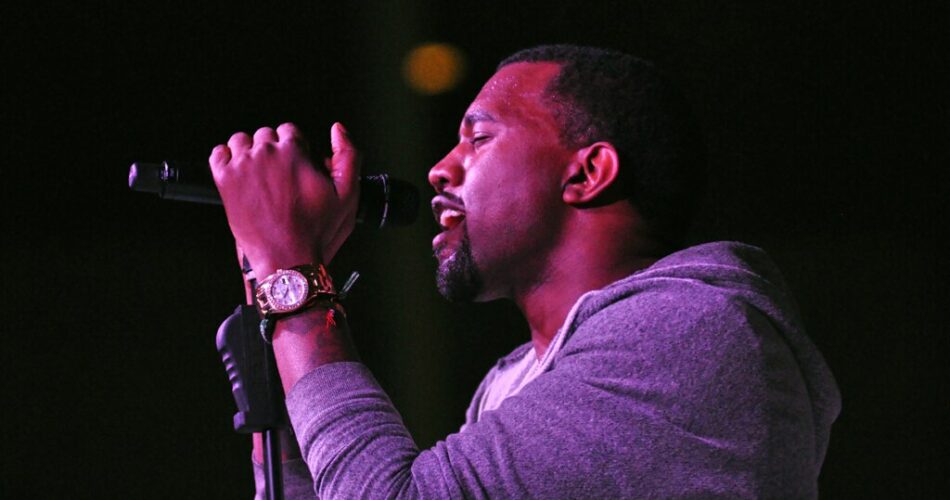His mind is in turmoil.
In a recent interview, renowned rapper Kanye West, now known as Ye, opened up about his complex relationship with spirituality, expressing his struggles with traditional notions of faith and divine intervention. Joined by fellow rapper Ty Dolla $ign for an in-depth conversation posted on Big Boy TV’s YouTube channel, West delved into his personal journey and beliefs, sparking both controversy and introspection.
Addressing his candid doubts and frustrations, West confessed to grappling with his faith in Jesus, citing personal experiences that left him feeling disconnected from traditional religious constructs. Reflecting on his trials and tribulations, he revealed a sense of disillusionment with the concept of relinquishing control to a higher power, opting instead to navigate life’s challenges on his own terms.
Critiquing what he perceives as complacency within contemporary Christian communities, West lamented the passive reliance on prayer without corresponding tangible action. He urged for a shift towards proactive engagement, emphasizing the importance of tangible efforts in effecting meaningful change, particularly in addressing societal injustices and disparities.
West’s controversial assertion of self-deification further fueled debate, as he boldly proclaimed sovereignty over his own destiny. Asserting his autonomy and rejecting external judgment, he asserted his authority as the master of his own narrative, irrespective of societal norms or religious dogma.
This departure from his previous public embrace of Christianity, evidenced by his acclaimed “Jesus is King” album and philanthropic “Sunday Service” events, stirred reactions from both supporters and critics alike. While some applauded his introspective exploration of spirituality, others condemned what they perceived as blasphemy and moral ambiguity.
Notably, West’s recent artistic endeavors, including his provocative “Vultures 1” album, have drawn scrutiny for their explicit content and controversial themes. His self-anointed moniker as the “new Jesus,” juxtaposed with graphic imagery and explicit language, has elicited sharp criticism and raised questions about artistic integrity and cultural responsibility.
Amidst the fervent discourse surrounding his evolving beliefs and artistic expression, West remains a polarizing figure, eliciting impassioned responses from fans, critics, and religious commentators alike. As debates rage on social media and beyond, his journey continues to challenge conventional norms and provoke introspection on matters of faith, identity, and artistic freedom.
